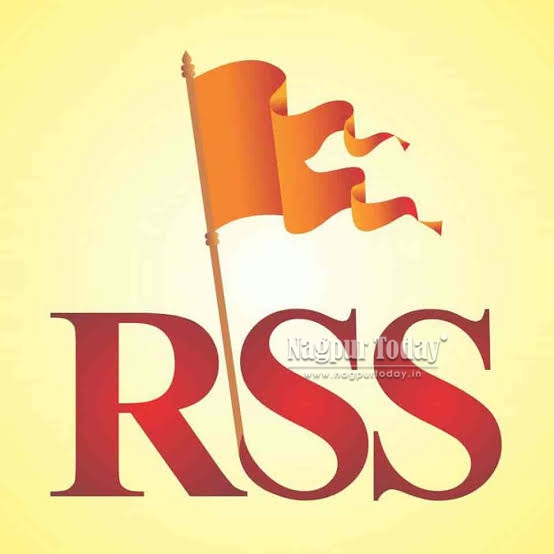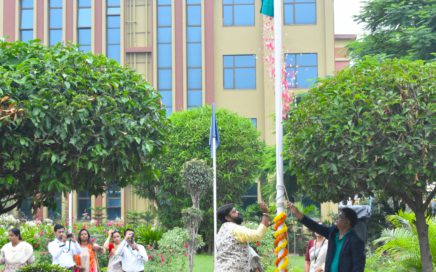 New Delhi : In his 12th consecutive Independence Day address from the Red Fort, Prime Minister Narendra Modi lauded the Rashtriya Swayamsevak Sangh (RSS) for its century-long service, describing it as the “biggest NGO in the world”
New Delhi : In his 12th consecutive Independence Day address from the Red Fort, Prime Minister Narendra Modi lauded the Rashtriya Swayamsevak Sangh (RSS) for its century-long service, describing it as the “biggest NGO in the world”
What PM Modi Said
- He stated: “An organisation was born 100 years ago… In a way, RSS is the biggest NGO of the world. It has a history of 100 years of dedication.”
- This was the first time in 12 years that RSS featured in his Independence Day speech.
Is RSS Actually a Registered NGO?
No. RSS is not registered as an NGO under Indian law. It is a voluntary socio-cultural movement founded in 1925, focused on ideological training, community service, and nation-building.
Being unregistered means:
- RSS itself cannot own property, operate bank accounts, or receive official donations under NGO rules.
- It does not submit annual reports or audited statements to the government.
Instead, RSS functions through a network of legally registered affiliates—such as Seva Bharati, Vidya Bharati, and Vanavasi Kalyan Ashram—which run charitable, educational, and social service projects. These affiliates are registered trusts, societies, or Section 8 companies.
Why RSS Operates Without NGO Registration
- Founded as a cadre-based volunteer movement
- In 1925, K. B. Hedgewar formed RSS as a network of shakhas (daily gatherings) and local units, not as a formal legal entity.
- The focus was on ideology, discipline, and training rather than running registered projects.
- Avoiding government interference
- As an unregistered body, RSS does not need to submit annual reports, audited statements, or member lists to government authorities, giving it more operational freedom.
- This autonomy proved important historically, especially during political bans (e.g., after Mahatma Gandhi’s assassination in 1948, during the Emergency in 1975).
- Using affiliates for legal/financial activities
- Since RSS itself cannot legally own property or run bank accounts, affiliated organizations were created for specific purposes:
- Seva Bharati → social service, disaster relief
- Bharatiya Mazdoor Sangh → labor union
- Vidya Bharati → schools and education
- These affiliates are registered NGOs, trusts, or societies and can receive donations, hold assets, etc.
- Since RSS itself cannot legally own property or run bank accounts, affiliated organizations were created for specific purposes:
- Operating as a socio-cultural body
- RSS sees itself as a movement, not a charity.
- Its primary “work” is ideological training, social cohesion, and community mobilization, not direct service delivery
Political & Public Reactions
- Jairam Ramesh (Congress) called the remark an attempt to “appease the Sangh” ahead of PM Modi turning 75.
- Supriya Shrinate questioned praising RSS instead of freedom fighters, citing its controversial role in history.
- Manickam Tagore argued that RSS’s limited participation in the independence movement undermines its portrayal as a service organisation.
Key Takeaways
| Claim | Status |
|---|---|
| RSS is the world’s biggest NGO | Opinion, not legally accurate |
| RSS is a registered NGO | False |
| RSS is an unregistered volunteer movement | True |
| RSS affiliates are registered NGOs and trusts | True |
While PM Modi’s comment was likely meant to highlight the scale of RSS’s volunteer network, legally speaking, RSS is not an NGO—it’s an unregistered movement whose affiliates carry out registered charitable work.














